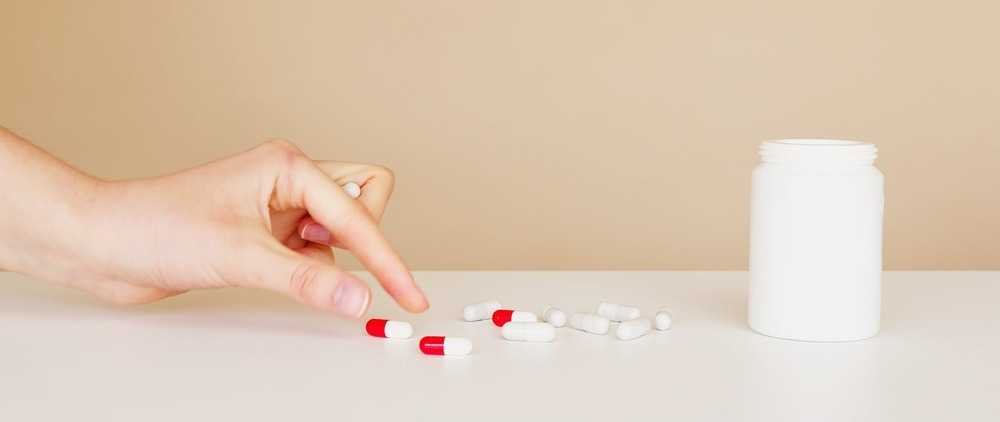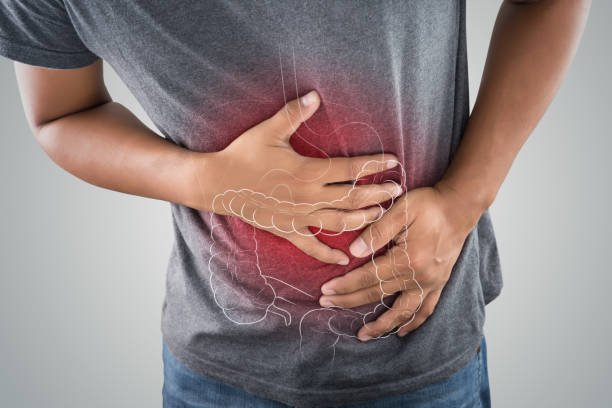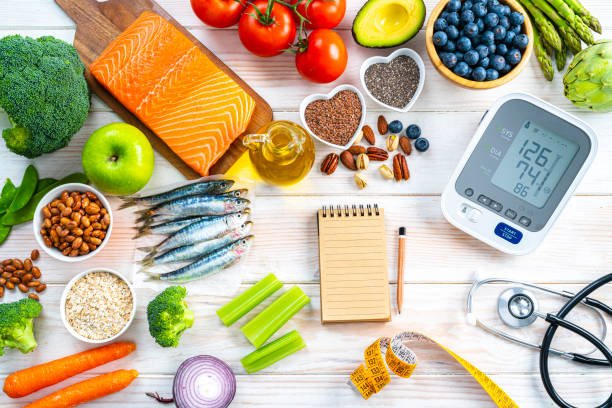
Are You Eating Right to Lower Cholesterol? The Functions and Side Effects of 3 Major Cholesterol-lowering Drugs Revealed
Modern people overeat and often consume too many high-cholesterol foods without regular exercise, resulting in high cholesterol concentrations in the body and cardiovascular diseases such as hyperlipidemia. When cholesterol comes to the door, most people will reduce the risk by adjusting their diet and lifestyle. If their blood lipid status has not improved and their cholesterol continues to be high, they need to start taking cholesterol-lowering drugs to lower their cholesterol concentration.
However, what are the ingredients, functions and side effects of various cholesterol-lowering drugs? This article will disclose the complete secret!
What are the ingredients and side effects of cholesterol-lowering drugs?
Generally speaking, the most common cholesterol-lowering drugs prescribed by doctors belong to the following three types. They are basically safe. However, patients with high cholesterol or hyperlipidemia may stop taking the drugs on their own if they think their condition is under control. , may still cause critical illness, and doctors also strongly recommend that consultation should be arranged before deciding whether to stop taking the drug.
The three common categories of cholesterol-lowering drugs are as follows:
1.Statins
After taking statins, if you develop the following symptoms, you should seek medical attention as soon as possible:
- Increased liver function index
- Headache
- Nausea
- Tired
- Muscle ache
2.Bile acid binding resin
Bile acid sequestrant resin binds to bile acid in the small intestine, preventing bile acid from being absorbed in the gastrointestinal tract and increasing the liver’s compensatory use of cholesterol to produce bile acid. Cholic acid is excreted in the stool, so cholesterol in the liver must be oxidized into cholic acid in large quantities, causing the cholesterol content in liver cells to decrease. The most common drugs are Cholestyramine, Colestipol, etc.
Bile acid binding resin side effects
After taking bile acid binding resin, you may experience the following symptoms:
- Gastrointestinal discomfort
- Diarrhea
- Constipate

3.Nicotinic acid
Nicotinic acid, also known as vitamin B3, can reduce the concentration of low-density lipoprotein (LDL), triglycerides and cholesterol after taking it, and increase good cholesterol, that is, high-density lipoprotein. Protein (High-density lipoprotein, HDL). Common drugs are Acipimox and so on.
Niacin side effects
Symptoms that may occur after taking niacin are as follows:
- Gastrointestinal discomfort
- High uric acid
- Gout
- Rash
- Increased liver function index
If patients take it for a long time, it may increase the chance of gallstone formation, so it is not recommended for patients with gallstones.
The 4 major dietary principles: 3 less and 1 more, can effectively lower cholesterol!
If cholesterol is too high, or even for people suffering from cardiovascular diseases such as hyperlipidemia, in addition to taking the above-mentioned cholesterol-lowering drugs, combined with the following 4 dietary principles, they can more effectively lower cholesterol:
- Reduce saturated fatty acids and diets high in cholesterol:
Saturated fatty acids are the main risk factor for raising cholesterol levels, such as meat products, full-fat dairy products, butter, ghee, cakes and biscuits, coconut oil and palm oil, etc. All have quite high saturated fat content. (Extended reading: Can you still eat meat if you have high cholesterol? How to eat 4 common types of meat)
In addition, patients with hyperlipidemia should also avoid foods with high cholesterol content, including animal offal, animal oil, butter, ice cream, bread or biscuits made from egg yolks, coconut oil, and butter, as well as pork belly, sausages, fish eggs, and crab roe. wait. - Avoid ingesting trans fatty acids:
Ingesting too much trans fatty acids will increase low-density cholesterol in the blood and increase the risk of cardiovascular disease and coronary heart disease. Therefore, you should try to avoid eating foods containing too much trans fatty acids, such as It is ghee, milk marin, hydrogenated oil, cakes, bread, instant foods, etc. - Reduce fat intake:
Use low-temperature cooking methods when cooking, such as steaming, boiling, braising, roasting, cold salad, etc. Eat less pastry, deep-fried and fried foods; it is recommended not to use too much fat when cooking. Oil, for example, it is best to use 1 teaspoon of oil (5 grams) for a 100-gram serving of vegetables.
In addition, when cooking, you should choose oils with a high proportion of unsaturated fatty acids, such as canola oil, olive oil, sunflower oil, corn oil, soybean oil, grape seed oil, safflower seed oil and other vegetable oils; use less oils with a high proportion of saturated fatty acids. , such as animal oil, cream, etc. - Eat more high-fiber foods:
Try to make your staple food based on whole grains; whole grain foods include oats, brown rice, oatmeal, buckwheat, barley, sweet potatoes, lotus roots, lotus seeds, yams, etc. Vegetables, fruits, and beans are rich in dietary fiber, and vegetables and fruits contain a variety of vitamins and minerals. It is recommended to have at least 3 servings of vegetables and 2 servings of fruits every day.













